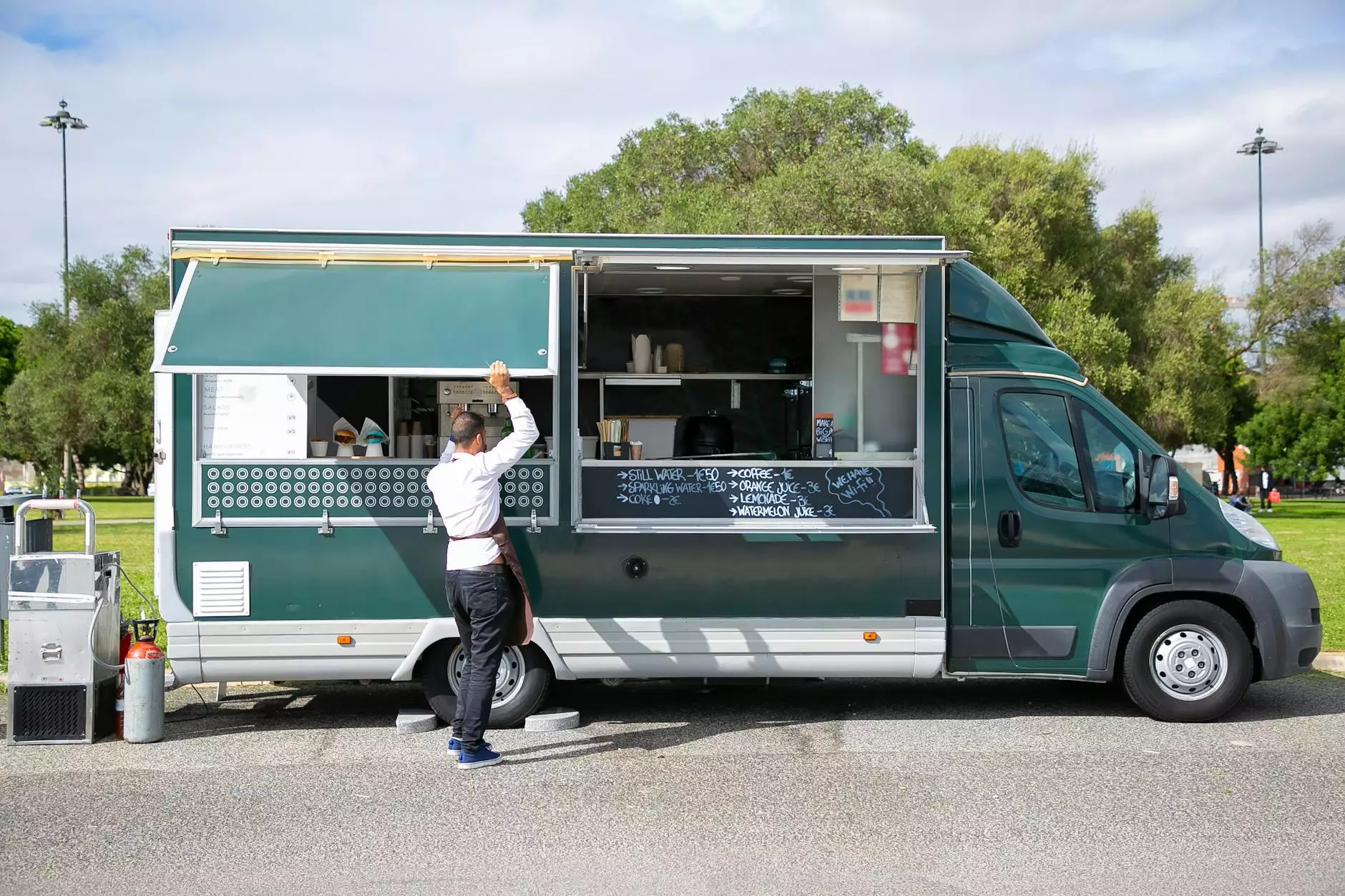The Ultimate Guide to Point of Sale System Price for Restaurants and Food Businesses

Introduction
When it comes to running a successful restaurant or food business, having an efficient point of sale (POS) system is essential. A good POS system streamlines your operations, improves customer service, and helps you make informed business decisions. However, one question that often arises is: how much does a point of sale system cost? In this comprehensive guide, we will explore the various factors that influence the price of a POS system, and provide you with valuable insights to help you make an informed decision.
Factors Affecting Point of Sale System Price
1. Features and Functionality
The features and functionality of a point of sale system play a significant role in determining its price. Basic systems typically offer essential functions like sales tracking, inventory management, and employee management. More advanced systems, on the other hand, may come packed with additional features such as table management, online ordering, loyalty programs, and integrations with third-party applications. As the complexity and sophistication of the features increase, so does the cost of the POS system.
2. Hardware Requirements
Another important factor influencing the price of a POS system is the hardware requirements. Depending on your business needs, you may require various hardware components such as touchscreen monitors, barcode scanners, printers, cash drawers, and customer displays. The cost of these hardware components can significantly impact the overall price of your POS system. Additionally, the quality and durability of the hardware can also influence the upfront cost as well as the long-term maintenance expenses.
3. Scalability and Customization
Scalability and customization options are crucial factors to consider when choosing a POS system. As your business grows, you might need to expand your operations or add new features to meet the changing demands. A scalable POS system allows you to easily add or remove terminals, track multiple locations, and accommodate a growing number of menu items. Customization options, such as branding and personalized workflows, can also impact the price of the system. While such advanced capabilities might come with a higher price tag, they offer additional flexibility and value for your business.
4. Service and Support
Having reliable service and support is essential when it comes to your POS system. While some providers offer basic support through email or chat, others provide dedicated phone support, on-site assistance, and comprehensive training programs. The level of service and support you choose can affect the overall cost of your POS system. It's important to consider your business's needs and budget when deciding what level of support is necessary for your operations.
5. Integration with Other Systems
In today's interconnected digital landscape, integration with other business systems is becoming increasingly important. Your POS system should seamlessly integrate with other software applications you use, such as accounting, inventory management, and online ordering platforms. The complexity of these integrations can impact the price of the POS system, as more extensive and sophisticated integrations may require additional development and ongoing maintenance.
6. Software Licensing and Pricing Models
POS systems often come with different licensing and pricing models. Some providers offer one-time upfront licensing fees, while others offer subscription-based models with monthly or annual payments. Depending on your financial situation and requirements, you can choose the pricing model that suits your needs. It's important to evaluate the long-term costs of each model, including any potential upgrade or maintenance fees, to determine the most cost-effective option for your business.
7. Brand Reputation and Reliability
When investing in a point of sale system, it's crucial to consider the brand reputation and reliability of the provider. Established and reputable brands may charge higher prices due to their track record of delivering reliable and high-quality solutions. While opting for lesser-known brands can sometimes lead to cost savings, it's important to thoroughly research and assess the reliability, customer reviews, and industry recognition of the provider before making a decision.
Conclusion
As you can see, the price of a point of sale system for restaurants and food businesses is influenced by various factors including features, hardware requirements, scalability, service and support, integrations, pricing models, and brand reputation. Understanding these factors is essential to make an informed decision that aligns with your business goals and budget. At Larapos.com, we provide a wide range of POS systems tailored to the unique needs of restaurants and food businesses. Contact us today to find the perfect POS system for your establishment at a competitive price.










